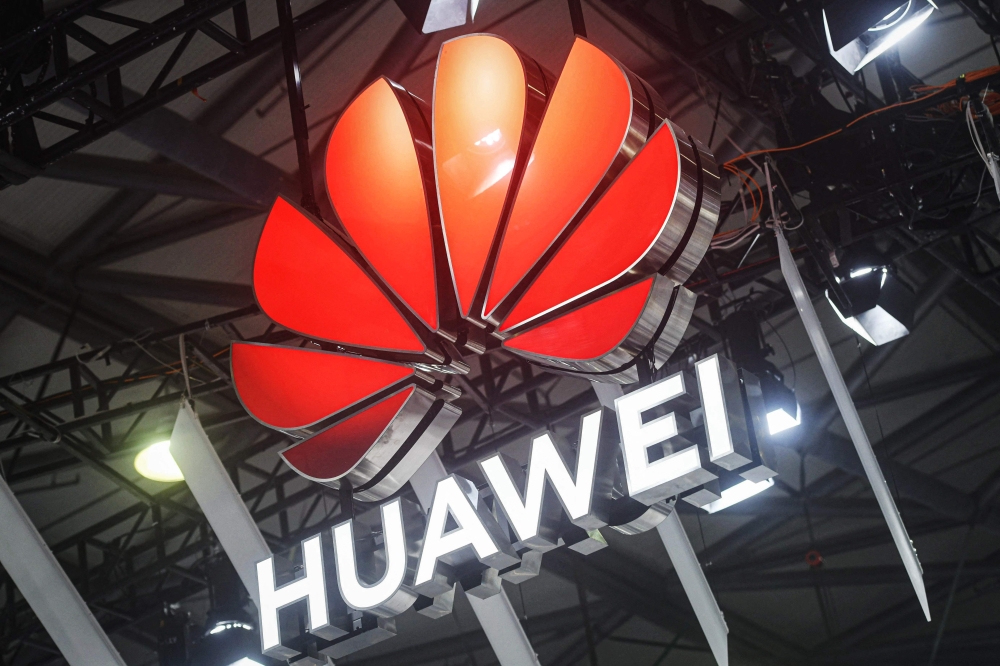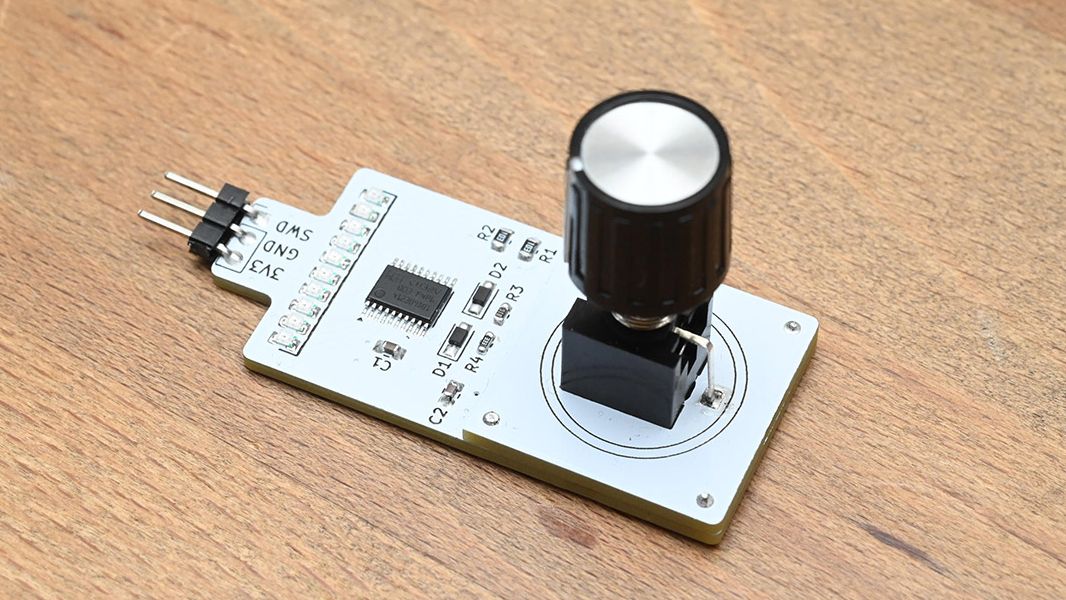NEW YORK, April 28 — Huawei Technologies is preparing to test its new AI processor, the Ascend 910D, which it hopes could rival high-end products from US chip giant Nvidia. According to the Wall Street Journal , the development signals the ongoing progress of China’s semiconductor industry, despite US efforts to hinder it, including cutting access to Western chip-making equipment. Huawei has reportedly approached some Chinese tech companies to test the technical feasibility of the new chip, with samples expected to arrive as soon as late May.
Although still in the early stages, several tests are needed to assess the chip’s performance before it can be released to customers. Huawei is aiming for the Ascend 910D to surpass Nvidia’s popular H100 chip, which is widely used in AI training and released in 2022. The company has become a leader in China’s push to build a self-sufficient semiconductor industry, providing alternatives to Nvidia’s chips.

Despite being on the US trade blacklist for nearly six years, Huawei proved its resilience by releasing the Mate 60 smartphone in 2023, powered by a domestically produced processor. Earlier this month, the US restricted sales of Nvidia’s H20 chip to China, further intensifying trade tensions, which has created an opportunity for Chinese competitors like Huawei. This year, Huawei is set to ship more than 800,000 Ascend 910B and 910C chips, with discussions underway to increase orders following US export restrictions.
Although Huawei and other Chinese firms face manufacturing challenges, they have managed to produce chips comparable to Nvidia’s, leveraging multi-chip technologies for more powerful processors..
Technology

Huawei’s Ascend 910D aims to beat Nvidia H100 in race for AI processor supremacy

NEW YORK, April 28 — Huawei Technologies is preparing to test its new AI processor, the Ascend 910D, which it hopes coul...















